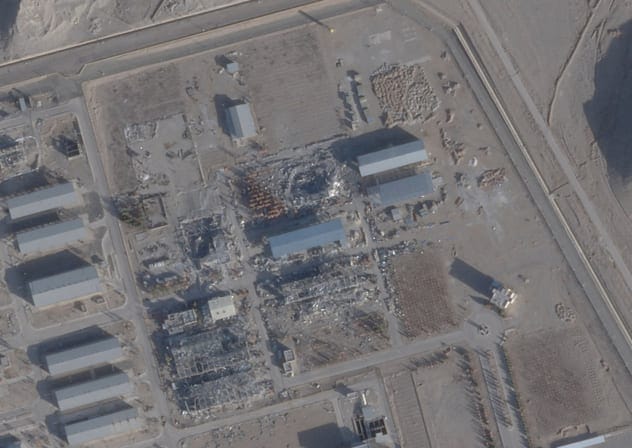WATCH: Pahlavi refers to Israeli-US airstrikes as 'humanitarian intervention' against Iran's regime
Pahlavi also directed a statement at the Iranian military and police to support in removing the Islamic Regime, called on Trump to use caution, and hinted at a coming large-scale protest.













